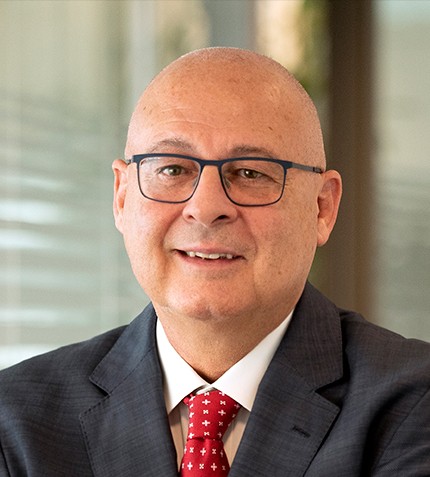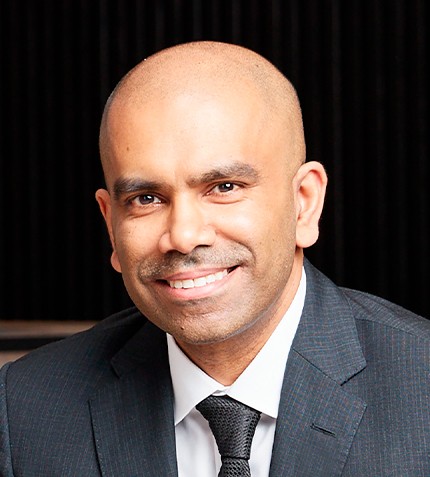
“The open market in Chile has created a highly competitive environment. ADIZOL’s customers are often competing with imports, which tend to be cheaper. The main differences between the companies tend to be the services they provide, and this is really where a company must make the difference.”
Julio Garcia
OWNER AND GENERAL MANAGER, ADIZOL
What were the circumstances surrounding the creation of ADIZOL?
ADIZOL started as a distributor for Lubrizol in Chile. Lubrizol is a global specialty chemicals company that previously had an office here in Santiago. However, the company decided to close its Chile office, which led to ADIZOL becoming Lubrizol’s distributors in the country. Since then, ADIZOL has evolved, and we have added several different products, such as polymers and malt release agents. Recently we started working with commodities such as minerals, a new focus area for the company. From the beginning, Lubrizol has been the majority of ADIZOL’s business, and this trend continues today.
What trends have been impacting ADIZOL’s growth trajectory in recent years?
The markets where we operate are very much linked to GDP, and therefore ADIZOL’s growth follows this trend. Things may change and impact our growth: for instance Chile is very dependent on copper and should the copper price experience a lift, there would be more investments, and in turn more machinery, causing our business to pick up. There is an expectation that the copper price will remain stable, which is not a bad thing. In the not so distant future, the increasing electrification of vehicles provides a positive outlook for copper demand.
ADIZOL’s main role is doing technical sales, and when problems inevitably arise, we aim to be the first point of contact. This market is highly technical and has many specifications and constraints, which creates opportunities for different types of lubricants. One of the ways to decrease emissions and become more environmentally compliant is to upgrade lubricants, and this dynamic presents us with further growth opportunities.
Can you elaborate on the different areas in which ADIZOL works and the variety of markets the company serves?
The bulk of the products that we distribute are geared towards the lubricant and fuel markets; these are the products that Lubrizol provides to us, and they include additives that the manufacturers of lubricants use to help create their finished products. We sell to global lubricant manufacturers that use our products to create their brand of lubricants. The fuel distributors also use our additives for performance; we provide the additives that are then blended with the base oil. We also have new business in explosive emulsions.
What would you say are the main advantages and disadvantages of working in the Chilean market?
Financing is cheaper in Chile, especially when it comes to interest rates in comparison to other South American countries such as Argentina and Brazil. In this respect, Chile is also stable politically, which eliminates risk for those wishing to invest.
In terms of the challenges, the open market in Chile has created a highly competitive environment. ADIZOL’s customers are often competing with imports, which tend to be cheaper. The main differences between the companies tend to be the services they provide, and this is really where a company must make the difference. Anyone can distribute a product, but having the requisite knowledge to provide a first-class service takes experience.
What are ADIZOL’s principal objectives moving forward?
We are looking to grow our distribution portfolio and include other businesses such as the minerals. Although working with minerals seems ostensibly easier, it is a different business that can become complicated. Steady and sustainable growth is the aim: we are only focused on the Chilean market, as the distribution agreements that we have are solely based in Chile. Considering this, diversification will be key in terms of our portfolio, especially with the impending electrification of vehicles, which will cause a decrease in the use of lubricants and fuels.
ADIZOL’s biggest asset is its first-class level of service and deep knowledge of the market. We do not manufacture, and therefore must add value by being able to sell products that will benefit the right customers.










